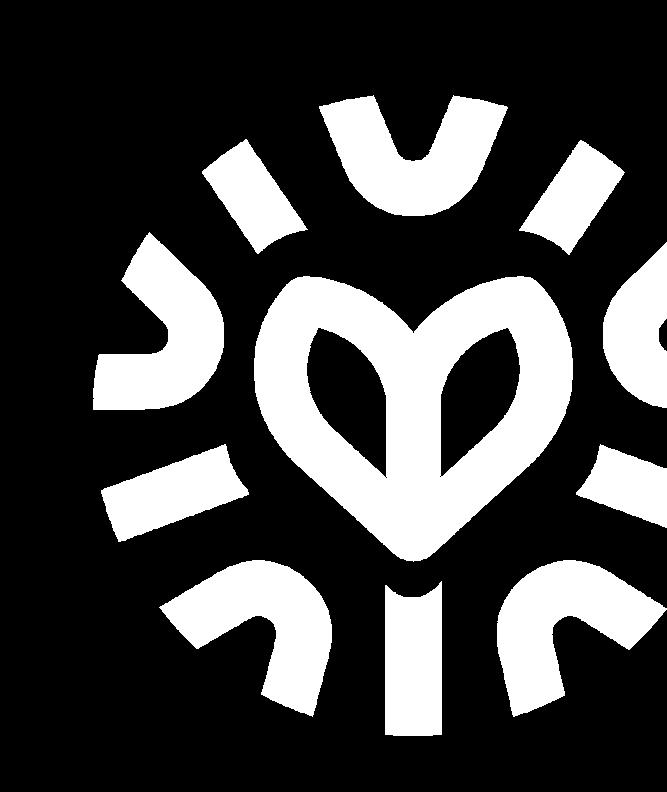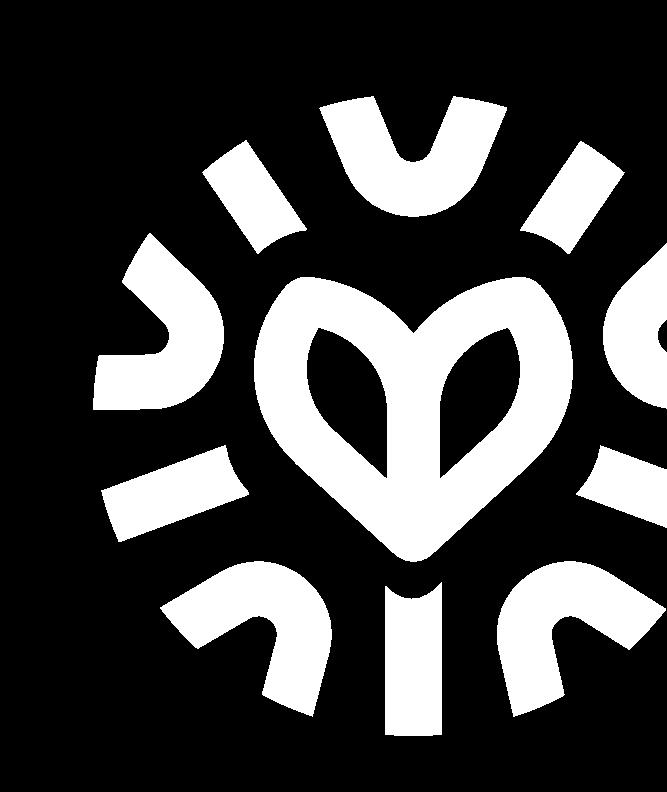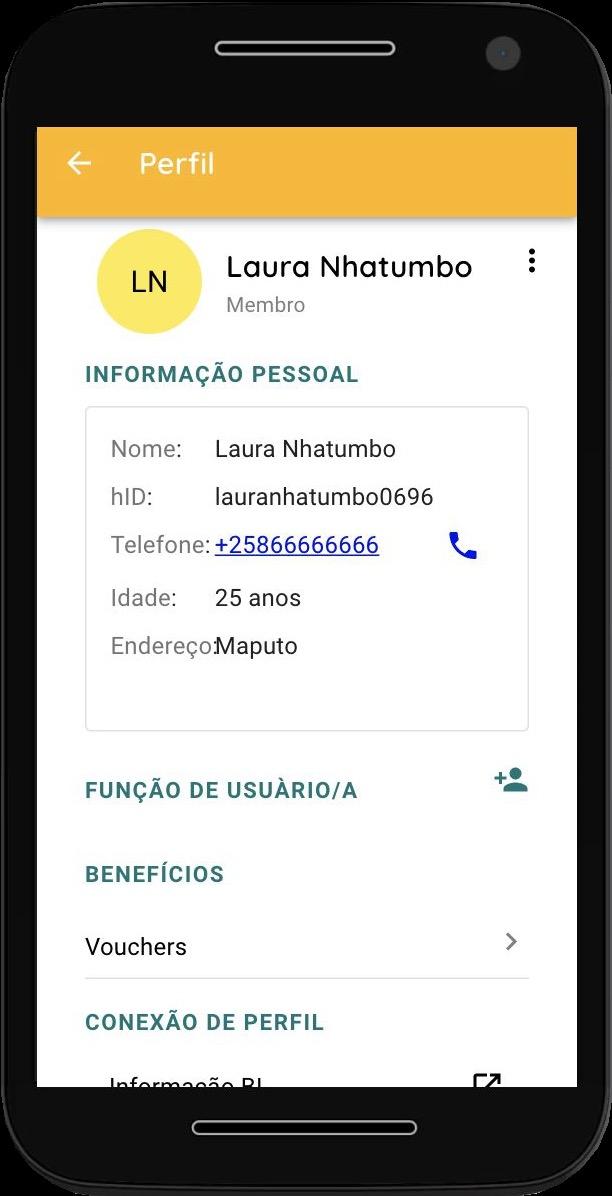

INTERNATIONAL WOMEN'S DAY WEBINAR



INTERNATIONAL WOMEN'S DAY WEBINAR




• Celebrate the roles and achievements of women
• Highlight some of the challenges that are faced by women
• Gender equality and women’s well-being more crucial than ever to create prosperous economies and a healthy planet.
• $360 billion annual deficit in investment for gender-equality measures.
• More than 340 million women and girls will still live in extreme poverty by 2030
• Close to one in four will experience moderate or severe food insecurity
• As many as 236 million more women and girls will be food-insecure under a worst-case climate scenario
• Women’s share of workplace management positions will remain below parity even by 2050




Self


HiveOnline CEO
Women’s





WHAT DOES EVIDENCE SHOW SO FAR:
• MSME Financing gap for women globally-$1.7 Trillion yet women entrepreneurs own 22% of micro enterprises and 32% of small and medium enterprises (World Bank, 2021)
• 70% of women are financially excluded. Women also face challenges such as lack of access to land title, new technologies and markets (AfDB)
• Entrepreneurial intentions: highest for women in low income countries (28%) and lowest in high income countries (11%). Highest start up rates in low income (13%), Latin America and Caribbean (21%) (GEM 2022/23 Womens Entrepreneurship Report)
• Crucial for economic development growth of communities-both locally and globally
• Empowers women to achieve financial independence and improve quality of life
• Women reinvest up to 90% of their income in their families and communities.
Covering areas such as better nutrition, educational outcomes
• Investing in women has the potential to lift millions out of poverty
• Full participation of women can add additional $28 trillion to global wealth by 2025increase in 26% global annual GDP (McKinsey study, 2015)
• ITC SheTrades Initiative: Established to address gender disparities in trade and to promote women participation in international value chains. Has facilitated access to market for over 30,000 women owned businesses generating over $145m in exports
• AfDB Affirmative Finance Action for Women: Established to bridge financing gap for women in Africa. Has so far approved $1.5 billion in loans for women entrepreneurs
• Graca Machel Trust: Support towards women entrepreneurs through enterprise development programmes
• Cherie Blair Foundation: Helps women to start, grow and sustain businesses. Has so far supported 250,000 women to be ready for business


• Across our interventions, we seek to increase women control over economic resources
• Over Euro 3 million grants to women owned businesses
• Over 400 jobs created for women
• Over 43,000 women smallholder farmers contracted
• Evidence is clear that when incomes of women rise, households benefit

Budget

Afriseed will integrate 26,200 SHFs into seed and grain value chains: 1,200 seed growers + 25,000 access to inputs. Increase certified seed multiplication from 1,500MT to 3,000MT of legume seeds annually.

Social Impact
26,200 SHFs


73 FT Jobs


Locations

Green Economy
Eco friendly storage sheds
Promote climate smart seed
Conservation agriculture practices in seed production


“The training I receive from Afriseed has greatly improved my yields. I plan to start a business of selling fritters from the left over soyabeans and sunflower oil”Mervis Phiri -
Afriseed smallholder farmer



Investing in women enterprises from both a local and global perspective is not only a smart decision but a sustainable step towards accelerating progress








Women represent a significant, yet often underestimated, force in driving economic growth and development.
70% of Africa’s food is produced by women , yet only 20% of female producers own their own productive resources.
Increased female entrepreneurship leads to higher economic productivity, poverty reduction, and improved family wellbeing. If women had the same resource as men, world hunger would be reduced by 17%.
More than just business, women often shoulder multiple responsibilities, securing livelihoods and fostering community.
In Nigeria, 40% of businesses are owned by women but only 10% of commercial loans are directed to women-led businesses.
Major barriers include limited access to technology , lack of collateral , patriarchal norms , poor digital literacy , and no savings history .
Investing in a women-led future for enterprise development requires addressing these barriers and creating sustainable mechanisms for women to access equitable and inclusive financing .

When women entrepreneurs receive support to invest in each other’s skill development and businesses, they can overcome these barriers.
Investment in access to digital tools is one way to jumpstart this process and encourage conversations about education, health, women’s rights, and the climate crisis.
Women’s Business Centres (WBC) serve as this access point for hundreds of women entrepreneurs in Nigeria, linking them to services from the public and private sector, as well as new products and markets.



ü Mutual support for the development of individual and collective agency.
ü Ensuring equitable access to finance that is inclusive and fair.
ü Identifying opportunities for women-led innovation and market linkages.
ü Leveraging digital tools for business development and marketing.
ü Engaging male allies to address negative social norms that limit women.
ü Promoting accountability amongst public and private sector market actors.







connecting the African informal economy
Digital identity, history and wallets with linkages to traditional finance, markets & institutions

Decentralized Cooperatives & Groups

Smallholders, sprayers, merchants


Centralized Institutions
Lending Markets
Accounting


NGOs Governments


Data
Crops
Payments

Banks Supply Chain
Financial, commercial and governmental ecosystems
We leverage existing community groups to include everyone

Minimum of one device per group

Designed for use in remote locations
All members get a Digital Wallet even if no phone
● Digitising farming associations and Coops
● Crop Production Plans
● Connection to Offtaker Markets
● Financial Accounting
● Member Management
● Voucher Allocation
● Notifications and Communication
● Learning and Knowledge Portal
● Loan Applications


● Digital Savings Group application for group calculations and record keeping
● Robust, secure fund management for savings groups
● Configured for low literacy and very low data use
● Supports offline transactions
● Manages complex accounting and multiple banking styles, e.g. Islamic
● Dashboards for remote monitoring
● NGOs save on transport and staff


● Blockchain based ● Efficient, low-cost
● Ease of Access, Inclusion & Distribution
● Security
● High Transparency
● Low Cost
● Self-auditing
● Can be paired with single asset e.g. fertilizer
● Can be used as restricted cash


● Farmers and groups can apply for bank loans through the app
● Our data gives banks a high degree of confidence and saves costs
● Banks can digitally disburse and receive repayments.
● FSPs can access a wider customer base



● Operating in Africa for 5 years
● 90% of team in Africa, equal gender split
● 40,000+ smallholder users across Mozambique, Kenya, Ghana
● Regulator-approved Payment Services Provider in Mozambique
● Working with banks, NGOs, local organisations and financial services sector

40k
smallholder farmers registered on the hiveonline platform




Leader and Activist


Presented by Isatou Ceesay

• Women’s Initiative Gambia (WIG) registered as a Community-Based Organization (CBO) in 2012. from Njau Central River Region North, in partnership with Carol Cunningham an American citizen.
• The organization began as a small environmental enterprise. Isatou and the women of Nau identified a way to recycle discarded plastic bags into useful products, such as ladies’ bags, purses, balls, and wallets. They formed local women groups and trained them on processing waste plastic into long stripes which could then be woven into useful products. The women were able to sell these products, bringing in much-needed money, and at the same time helping reduce plastic waste in their community.
• The initiative has since grown beyond plastic recycling to include other areas of recycling—such as briquette production from discarded groundnut and coconut shells, tyre furniture's production from used motor and bicycle tyres—as well as teaching entrepreneurial skills and empowerment to women and youths.
WIG seeks to help disadvantaged people in The Gambia improve their income and their standard of living in environmentally positive ways. Empowerment of local constituents is integral in WIG’s approach--projects are established through local women, youth, and differently able groups to give them a voice in their own development and support improved investment planning and decision-making skills.
WIG’s intent is to help rural villagers, particularly women, youths, and the differently able become effective economic agents in their communities.
• We collect waste from the dumpsites, house holds, markets and business places.
• Usually these waste are unsorted and bulky thus we segregate these waste at our office level and then recycle

WIG have no truck to collect waste, we normally hire trucks to help us transport the waste collected from different collecting points.


• Waste sorting is the process by which waste is separated into different elements.
• After collecting and transporting of the waste to WIG office, the next thing to do is to segregate the different type of waste collected.

• Washing of the LDPE plastic bags
• Cutting of the plastic bags into strings
• Recycle into different products



Tires do not decompose. When tires pile up at the dumpsite, they can release chemicals in to the air, ground, and water that alter the ecosystem. Just sitting in the sun, a waste tire release methane gas in to the air. This greenhouse gas increases our carbon footprint and can contribute to climate change.



• WIG have a three hectare land in Njau CRR North, which is used purposely for Agriculture Agroforestry learning center for farmers and students.
• The program started in 2019, over the years we have been working with 35 schools and 25 communities within CRR North. For the past three years we planted an amount of 10,855 seeding.


Briquettes can help re-purpose waste. The raw material for briquettes make from organic waste such as leaves, coconut shell and groundnut shells can reduce waste while being environmentally friendly. The use of the briquettes has the potential to preserve the forest.



• Increased Personal Incomes: Individual women make money that they then use for buying children’s clothes, education and improved nutrition. (Njau Community is one such example among numerous ones).
• Financial Empowerment of Women, youth and the disabled: Our collaborators make and control money and then gain experience in making decisions for their family.
• Community Empowerment of Women, youth and the disabled: Increased participation of women, youth and the disabled in decision-making at the village community development level shifts traditional power equations and creates new roles and strategies moving forwards;
• Increased self-esteem and cooperation among the village community;
• Modeling a new and empowered lifestyle for the next generation of women, youth and the disabled; and
• Sustainable income generation for which women, youth and the disabled have ownership. They are learning to help themselves grow and be accountable for their own success.
Thank you all for your kind attention


INTERNATIONAL WOMEN'S DAY WEBINAR